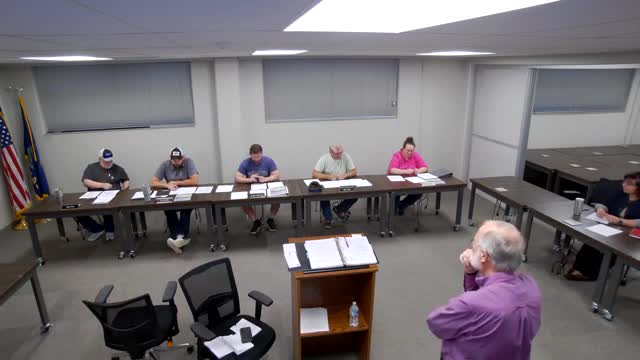Article not found
This article is no longer available. But don't worry—we've gathered other articles that discuss the same topic.
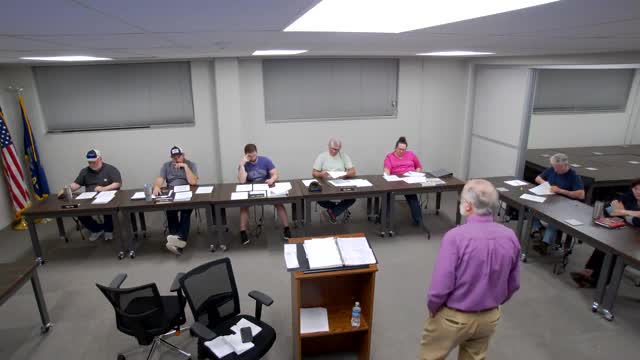
Kalp reviews conflict‑of‑interest, ex‑parte rules and disclosure best practices for commissioners
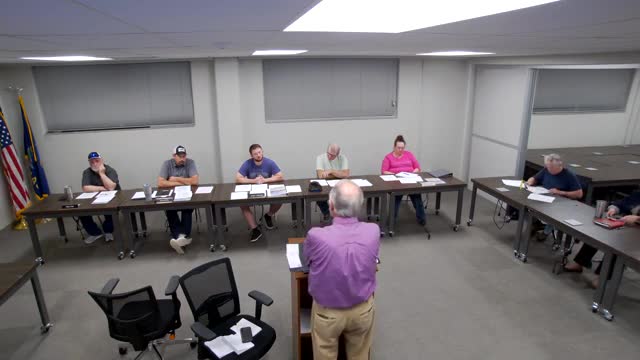
Kalp explains vesting, nonconforming uses and subdivision rules to commissioners
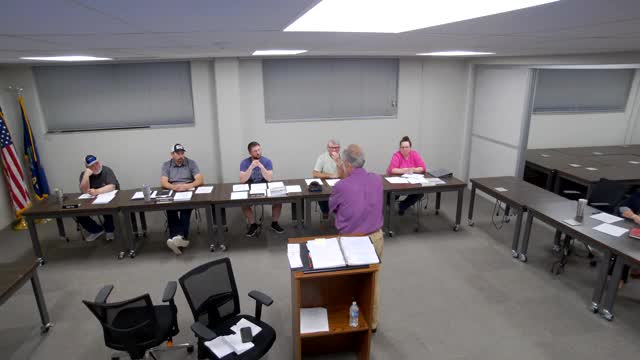
Consultant urges caution on reliance on conditional use permits; recommends clearer zoning map
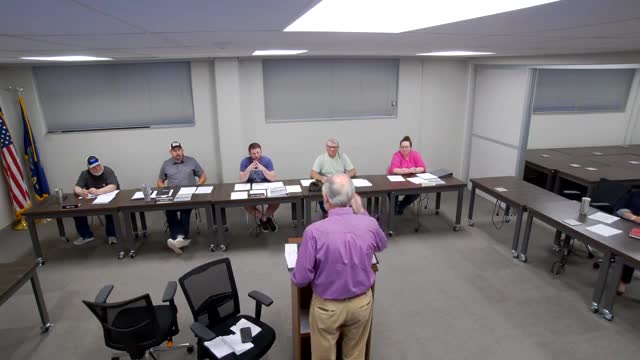
Consultant briefs commission on legal standards for planning decisions and appeals
